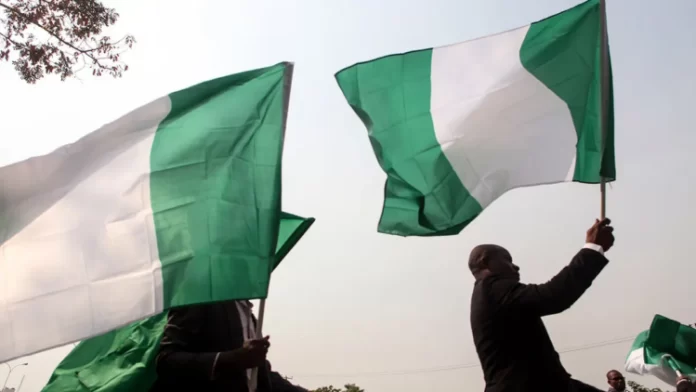Nigeria has formally become a member of the European Bank for Reconstruction and Development (EBRD), marking a strategic step in its efforts to attract international capital and strengthen private sector-led growth.
Finance Minister and Coordinating Minister of the Economy, Wale Edun, led a high-level government delegation to London for the EBRD’s 2025 Annual Meetings, where Nigeria’s membership was officially confirmed.
The move is seen as part of the federal government’s broader strategy to deepen engagement with global financial institutions and enhance its economic reform credentials.
Speaking during the EBRD Board of Governors’ plenary session, Edun described the development as a significant milestone.
“Today marks an important moment for Nigeria. We remain committed to building a transparent, rules-based economic system that encourages private sector participation and promotes inclusive growth,” he said.
Nigeria’s accession aligns with President Bola Tinubu’s “Renewed Hope Agenda,” which includes key economic reforms such as fuel subsidy removal, foreign exchange liberalisation, and inflation control. By joining the EBRD, Nigeria gains access to a wide range of investment tools, with more than 80 percent of the bank’s financing directed toward private sector initiatives in areas like infrastructure, agriculture, digital technology, and energy.
On the sidelines of the event, Edun also held bilateral discussions with representatives from the United States and France, reinforcing Nigeria’s position as a key player in global economic dialogue, according to the Finance Ministry.
Founded in 1991 to assist Eastern European countries in transitioning to market economies, the EBRD has since expanded its focus to include regions in Africa and the Middle East. Nigeria’s membership is expected to attract significant investment into priority sectors, particularly from international and institutional investors seeking viable opportunities in emerging markets.
Experts believe the partnership could help boost investor confidence. “Nigeria’s entry into the EBRD strengthens its reform narrative and signals a serious intention to engage with the global financial system,” noted an emerging markets strategist based in London.
“The challenge now lies in converting this momentum into tangible investments.”
The 2025 EBRD Annual Meetings, held under the theme “Expanding Horizons, Enduring Strengths,” brought together leaders and delegates from over 70 countries to discuss shared strategies for sustainable and inclusive development.
As Nigeria takes this step toward greater multilateral cooperation, officials in Abuja hope that ties with institutions like the EBRD will not only open funding channels but also build long-term trust with international partners.
